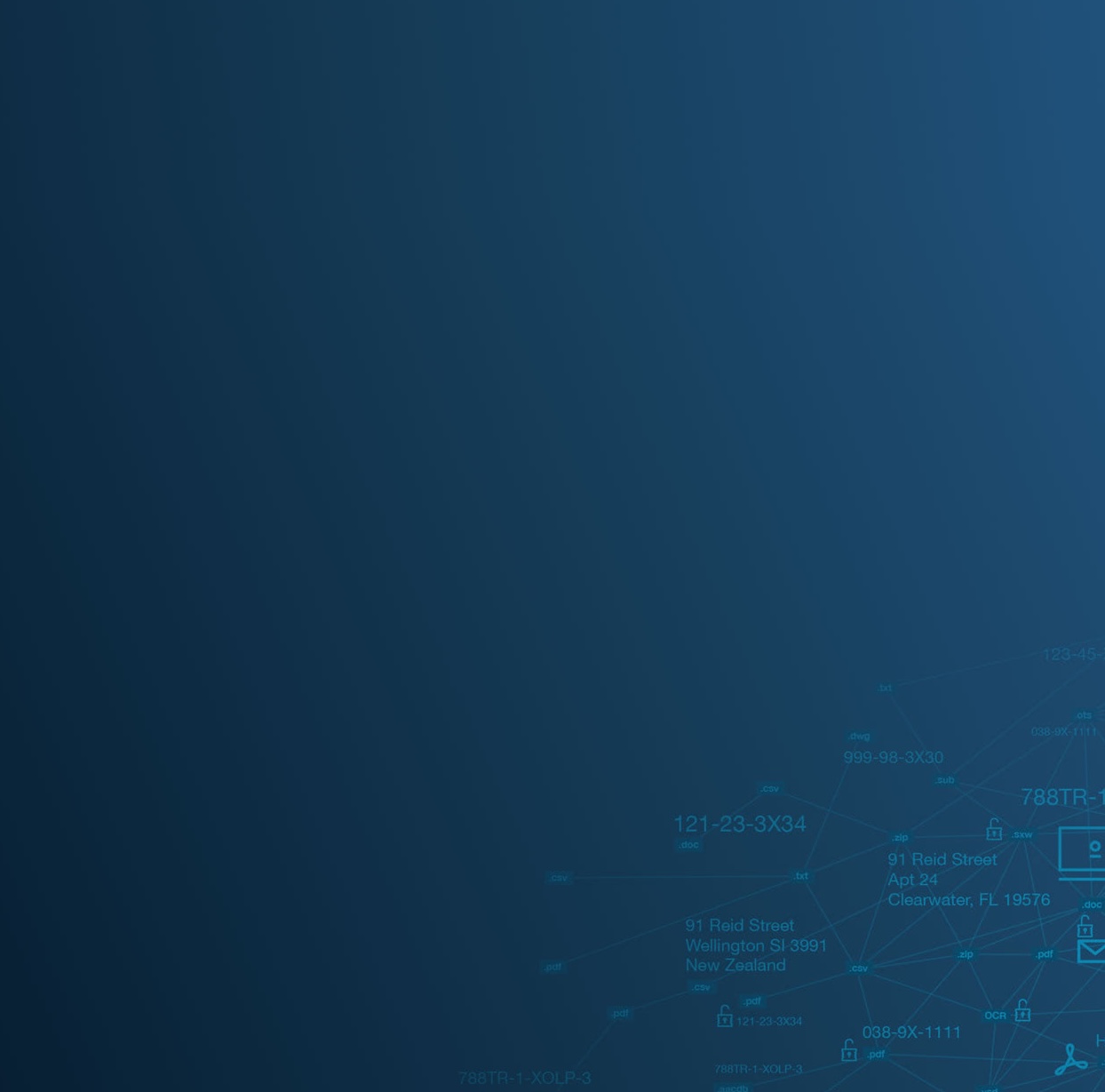Data loss prevention (DLP) is an overarching term for programs, policies, and procedures related to data protection measures taken by a company. In order to protect customers and remain in compliance with various regulations, it is imperative that organizations take necessary steps to secure data from loss or leakage.
Securing data can often be challenging for organizations of all sizes. Part of this stems from the fact that it’s not always clear who holds the responsibility for creating and maintaining effective data loss prevention policies, particularly for devices. With that in mind, here’s what you need to know about DLP and device management.
What is device management?
Device management, also known as endpoint security, is a critical component of the data security framework. Computers, mobile electronics, and endpoints can represent a significant security risk if not properly protected. In addition to device-level security measures like multi-factor authentication and antivirus software, network-level measures like sensitive data discovery tools and automated data classification can create a holistic and proactive security posture.
Device management responsibilities
Device management and endpoint security are ultimately the responsibility of all employees. However, specific duties in relation to data security can be further defined by role.
CISO
The chief information security officer sets the expectations for data security within an organization. This individual creates and shapes the policies related to device management and must consider specific needs of the organization including security strategy development, industry-specific requirements, and finer details like remote work considerations.
IT
The role of the IT department in device management is dependent on the size of both the team and the budget. Regardless of the department’s size, however, the role of the IT team is to put the CISOs directives into action. In their “hands-on” roles, the IT team manages IT infrastructure and security technologies to ensure data security and compliance.
Employees
From the top of the org chart to the bottom, every member of the team plays an important role in data security. More than a third of all data breaches involve internal parties. Data exfiltration may be malicious or accidental, but in either case, it can be harmful to your organization’s reputation—and finances.
All employees should be properly trained on data security. Each member of your team needs to understand the importance of strong passwords, how to recognize external threats, and other best practices surrounding sensitive data and its uses.
What to consider when making DLP decisions
When creating an effective data protection program, it’s important to consider the entire data lifecycle. The DLP technologies your organization puts into place need to be able to perform the following functions:
- Data classification. You need to be able to organize data by the level of protection it requires.
- Data monitoring. From data-at-rest to data-in-motion and in-use, you need to be able to accurately track the flow of information.
- Identifying anomalies. The ability to recognize violations of your internal policies is essential.
- Data remediation. Predefined actions like admin alerts, data encryption, and file quarantine can prevent the unauthorized sharing of data accidentally or maliciously.
- Reporting. Clear and actionable reports for compliance, incident response, and other necessary security functions need to be generated regularly.
When shopping for DLP software for your organization, a vendor should be able to answer important questions related to the software’s potential and functionality. DLP software is a worthwhile investment and an important one. You need to be sure your DLP solution is up to the challenge.
How to ensure your data is protected from unauthorized access
The best approach to data loss prevention is a full-featured suite of solutions with the power and flexibility to be customized to your organization’s specific needs. The Spirion Governance Suite offers this in an all-in-one package that combines all Spirion products into a single solution. With the Governance Suite, you can take a proactive approach to your organization’s privacy and security needs.
For more information about the Governance Suite and other security solutions for your business, contact our team today. Our experts can help you determine the best approach for your needs. You can also schedule a demo to see our products in action.


